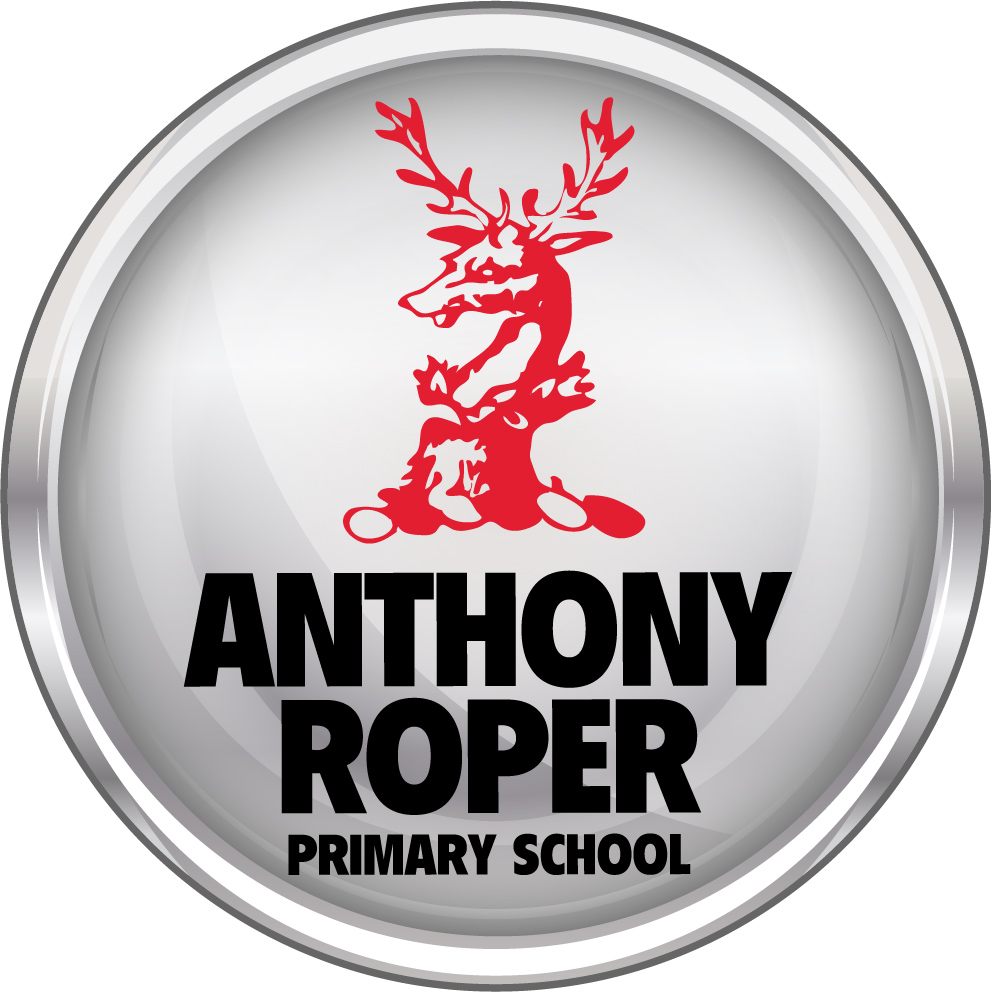Computing
Intent
The National Curriculum for Computing aims to ensure that all pupils:
- can understand and apply the fundamental principles and concepts of computer science, including abstraction, logic, algorithms and data representation;
- can analyse problems in computational terms, and have repeated practical experience of writing computer programs in order to solve such problems;
- can evaluate and apply information technology, including new or unfamiliar technologies, analytically to solve problems;
- are responsible, competent, confident and creative users of information and communication technology.
Implementation
Our Computing programme aims to offer a broad and balanced coverage of the National Curriculum requirements - units provide pupils the opportunity to learn and apply transferable skills.
Lessons incorporate a range of teaching strategies from independent work, paired and group work, as well as unplugged and digital activities. This variety means that lessons are engaging and appeal to those with a variety of learning styles. Lessons can be accessed by all pupils and there are opportunities to stretch pupils’ learning where necessary.
In order to meet the aims of the National Curriculum for Computing and in response to the Ofsted research review our curriculum identifies the following key strands: computer science, information technology and digital literacy.
In each unit, the pupils are able to revisit their prior computing knowledge and build upon the skills they have learned. The units we will be covering are:
- Computer Systems and Networks
- Programming
- Creating Media
- Data Handling
- Online Safety
Impact
The expected impact of the curriculum is that children will:
- Be critical thinkers and able to understand how to make informed and appropriate digital choices in the future.
- Understand the importance that computing will have going forward in both their educational and working life, and their social and personal futures.
- Understand how to balance time spent on technology and time spent away from it in a healthy and appropriate manner.
- Understand that technology helps us to showcase their ideas and creativity. Most of the pupils would know that different types of software and hardware can help them achieve a broad variety of artistic and practical aims.
- Show a clear progression of technical skills across all areas of the curriculum – computer science, information technology and digital literacy.
- Be able to use technology both individually and as part of a collaborative team.
- Be aware of online safety issues and protocols and be able to deal with any problems in a responsible and appropriate manner.
- Have awareness of developments in technology and have an idea of how current technologies work and relate to one another.
- Meet the end of Key Stage Expectations, as outline in the National Curriculum for Computing.
